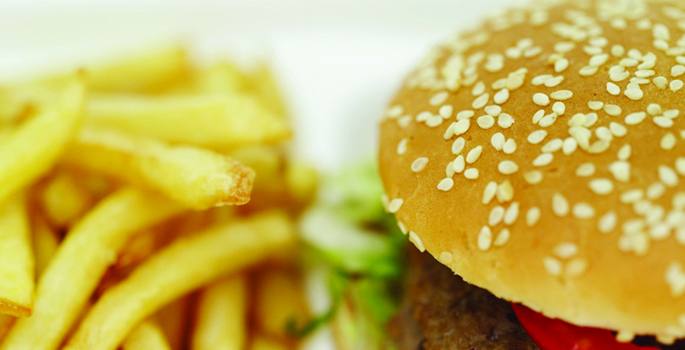

It’s usually hot during the summer and that’s why we choose cold foods. The consumption of fruits, ice cream and liquids also increases when compared to the winter months. In the event of a defect in the cold chain of food at this time of the year, or a mistake in the conservation or cleaning of food, the incidence of these defects will be much greater, since high temperatures will lead to an accelerated proliferation of viruses and bacteria. If all these factors come together, intestinal irritation will appear very easily, as well as colitis, which is so common every summer. It is advisable to follow a few simple steps to ensure that your stomach intestines are in perfect condition during the summer:
- Rule out heavy and heavy meals. Reduce saturated and fried fats, alcoholic and carbonated beverages, coffee and dairy products in general.
- Be careful with spicy foods. Some spices, sauces and fertilizers irritate and damage the mucous membranes of the colon and intestines.
- Make a measure of food rich in fiber. Whole foods are able to regulate and protect your body, even when there is a risk of colitis.
- Refrigerate the food properly. To keep them in good condition, dairy products, ice creams and juices should preferably not be left out of the refrigerator for more than fifteen minutes before they are consumed.
- Wash fruits and vegetables thoroughly. This is a very important measure if you want to eliminate bacteria.
- Try to make a fixed rhythm or schedule of meals. Even if you go outside the house more often, try not to drive your body crazy with these sudden time changes.
While the most annoying symptom of these summer disorders is diarrhea, abdominal pain, dehydration, fatigue, fever, and loss of appetite are often accompanied by colitis. If this happens, rest your digestive system and do not drink solids in 24 hours; take serum (available in medicines) for recovery; do not exercise or sports; do not expose yourself to the sun, so you will not risk dehydration; and go to the doctor, especially if you do not recover in 24-48 hours.